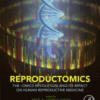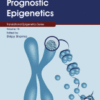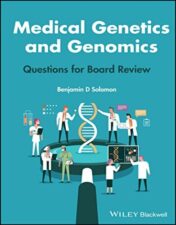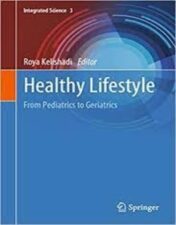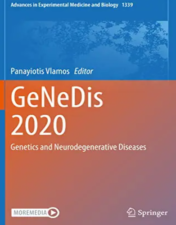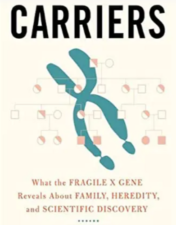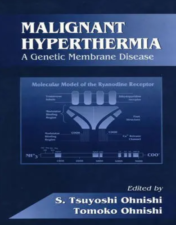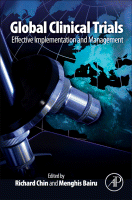Reciprocity in Population Biobanks Relational Autonomy and the Duty to Inform in the Genomic Era 2021 Original pdf
$12
Reciprocity in Population Biobanks Relational Autonomy and the Duty to Inform in the Genomic Era 2021 Original pdf
Reciprocity in Population Biobanks: Relational Autonomy and the Duty to Inform in the Genomic Era begins by discussing how current judicial interpretation keeps standard of disclosure at the core of genomic research. The book then outlines multiple limitations individualistic autonomy faces in the context of gene and population biobanks, including an analysis of the complexities of benefit considerations in the research setting. Second, the book explores how individualistic autonomy fails to acknowledge the multilateral relationships implicated in genomic research, including those that affect the broader research community, research participants’ families, and the general public.
In carrying out this analysis, this book pays special attention to alternative approaches and ways researchers, public health officials, and judicial bodies might interact in years to come. In other words, implementing an understanding of relational autonomy that acknowledges and sustains the multilateral relationships found in genomic research without compromising the rights of participants. In short, this book proposes a reconceived duty to inform for researchers and a new standard of disclosure that is more meaningful and impactful for research participants and researchers.
Related Products
Basic Sciences Books
Basic Sciences Books
Messenger RNA Therapeutics (RNA Technologies, 13) (Original PDF from Publisher)
Genetics Books
Genetics Books
Genetics and Neurobiology of Down Syndrome 2022 Original PDF
Genetics Books
Genetics Books
Genetics Books
Genetics Books
Genetics Books
DNA Damage Responses Methods and Protocols 2022 Original pdf
Genetics Books
Genetics Books
Genetics Books
Genetics Books
Genetics Books
Epigenetics of Stress and Stress Disorders 2022 Original PDF
Genetics Books
Genetics Books
Genetics Books
Genetics Books
Neuropsychiatric Disorders and Epigenetics 2017 Original pdf
Genetics Books
Genetics Books
Genetics Books
Genetics Books


